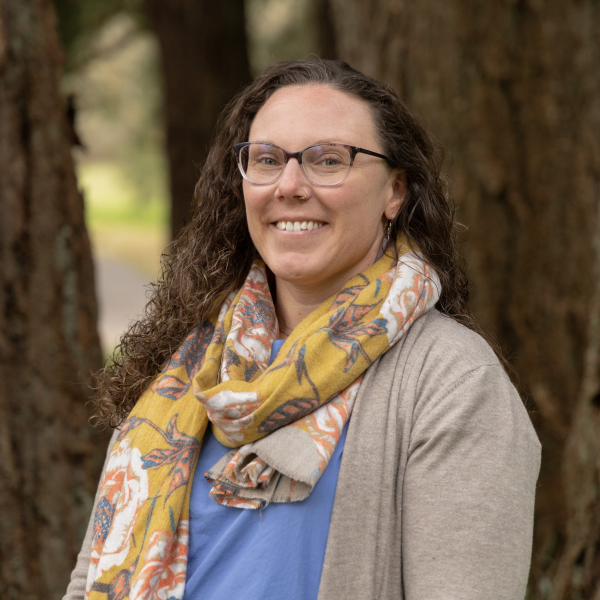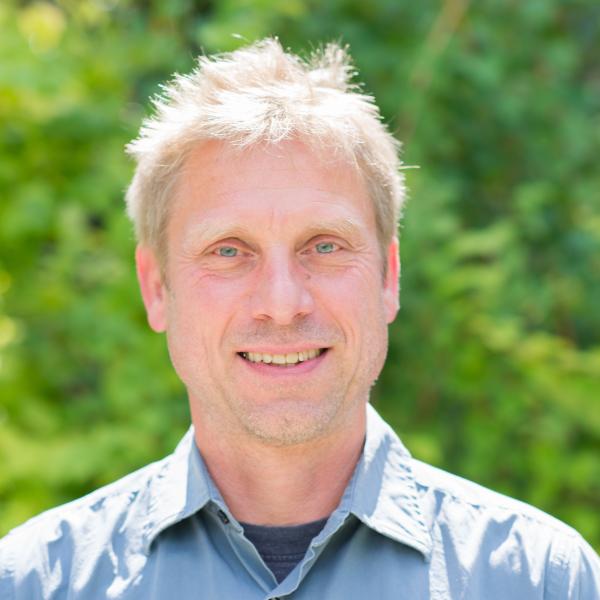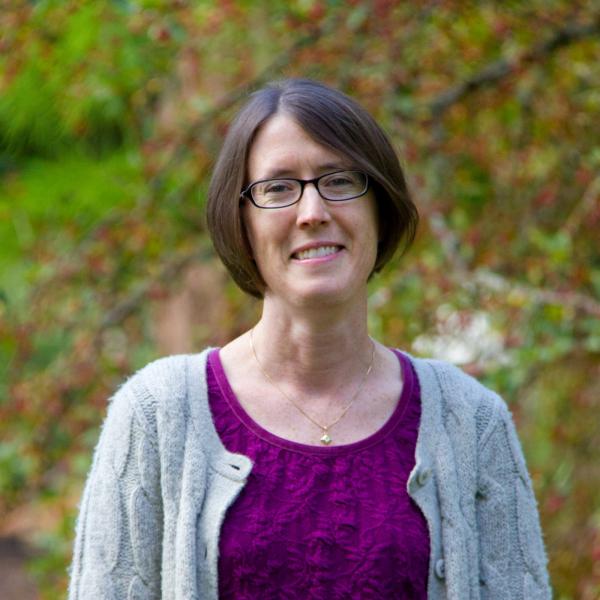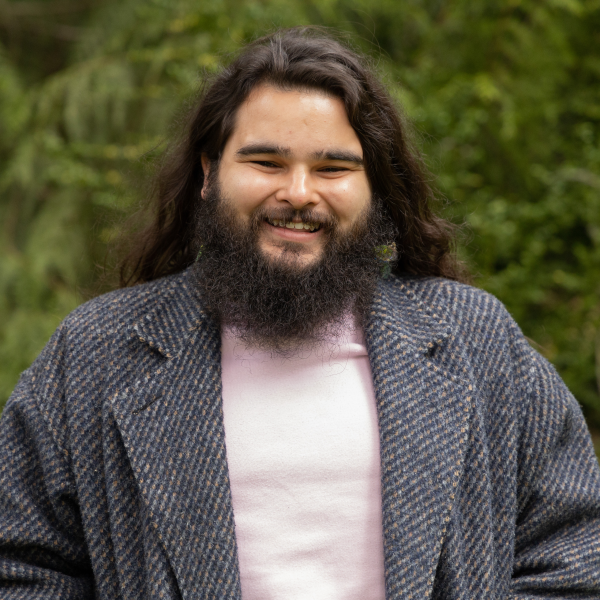This National Science Foundation-funded RAPID project studies a process of involving the local community surrounding the H.J. Andrews Experimental Forest (HJA) in influencing the vision for research at the HJA after a large fire impacted 70% of the forest.
In the fall of 2023, a major wildfire burned over much of the HJA and threatened adjacent communities. The HJA is an internationally known center for forest and stream ecosystem research in the central Cascades of Oregon, and it is part of multiple research networks, including the Long-Term Ecological Research (LTER) network, and the Experimental Forests network of the US Forest Service. Ongoing research projects were halted as the fire burned over old-growth forests and research infrastructure; as a result, rare and scientifically invaluable long-term data collection was interrupted.
In response to the fire, the HJA scientific community is launching a necessary process of revisiting how this most recent fire influences their research plans while the local community has to reimagine its preparation for future wildfires. The last decade has made it clear to both the research and local communities that fire is going to be a disturbance that influences everything for the foreseeable future. This project will invite the engagement of both the scientific and the local community as they prepare for the future. Involving the community in contributing to a long-term research agenda is unique. In engaging the local community in envisioning the research that might occur at the HJA we hope to answer questions such as: what does it look like to involve the community? Can we incorporate what they share with us about their interests, needs, fears and hopes into a long-term research agenda? What impact does inviting the community into the process have on both the community and the scientists?
This project is designed as a single case study. The focus of our proposed case study research is the impact of community engagement on the scientists, the participating public, and the long-term research planning itself. Our case study will include five elements: 1) community mapping, 2) community conversations, 3) brief surveys and in-depth interviews with HJA scientists, staff, and leaders, as well as community members, 4) observations of the research planning process, and 5) document analysis.
A steering committee of representatives from HJA partners and community organizations will identify and prioritize community partners to be included in conversations and ways of engaging with them, with specific consideration for bringing in a diversity of voices representing all aspects of the local community. The project will use existing venues and meeting spaces in the community and will partner with, and financially support, community organizations in setting up, hosting, and facilitating meetings specific to the purpose of the project.
We will discuss the results of our work with the HJA scientific community as part of the research planning process and with communities who participated in our research as part of a process for healing and restoration. Our goal is to directly support the process of engaging the local community in long-term research planning. We will share the results of our case study research with the LTER community as “promising practices” and with the science engagement and strategic science communication community more broadly, through publications, presentations, and online workshops.
NSF Award #2409274



